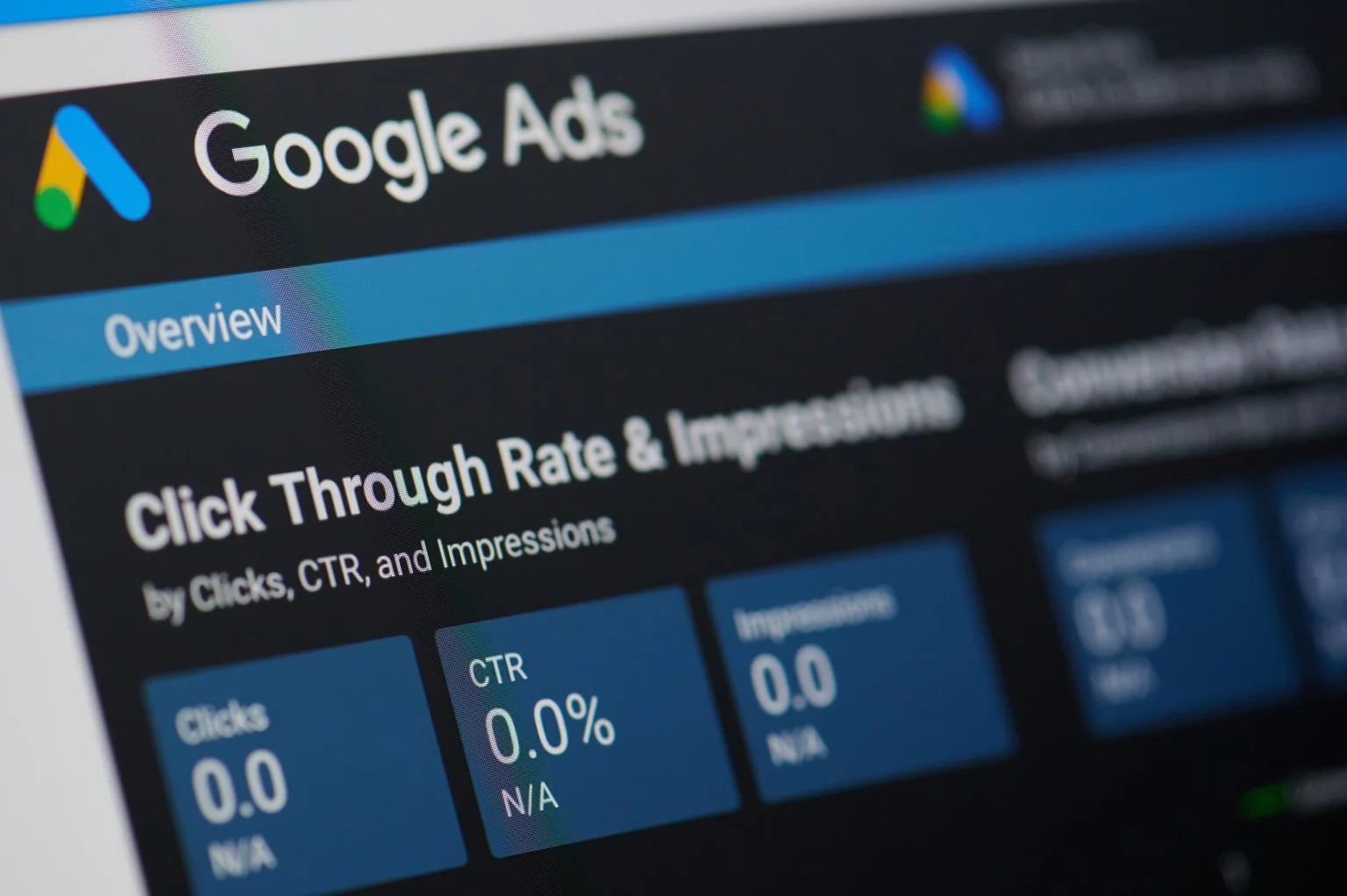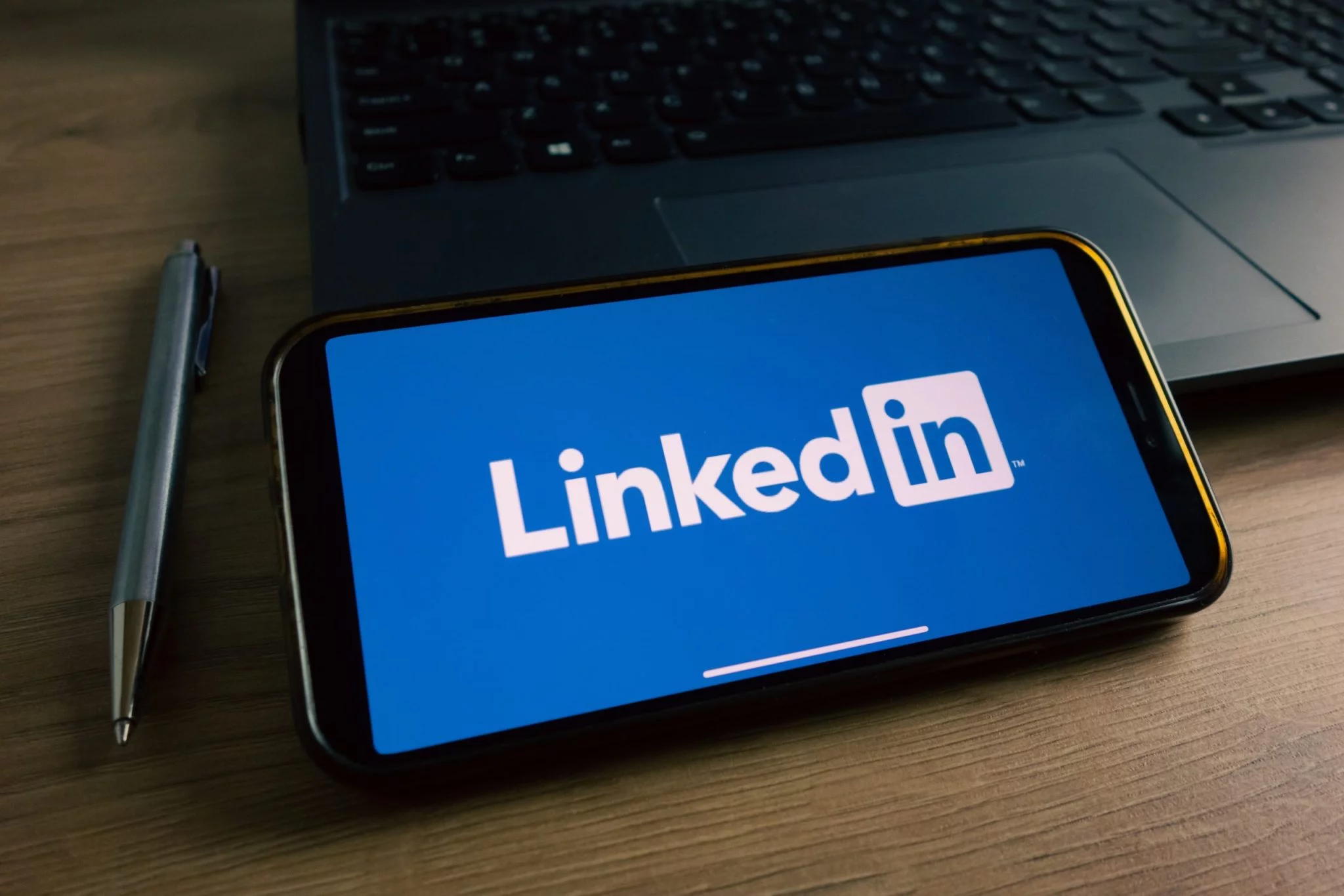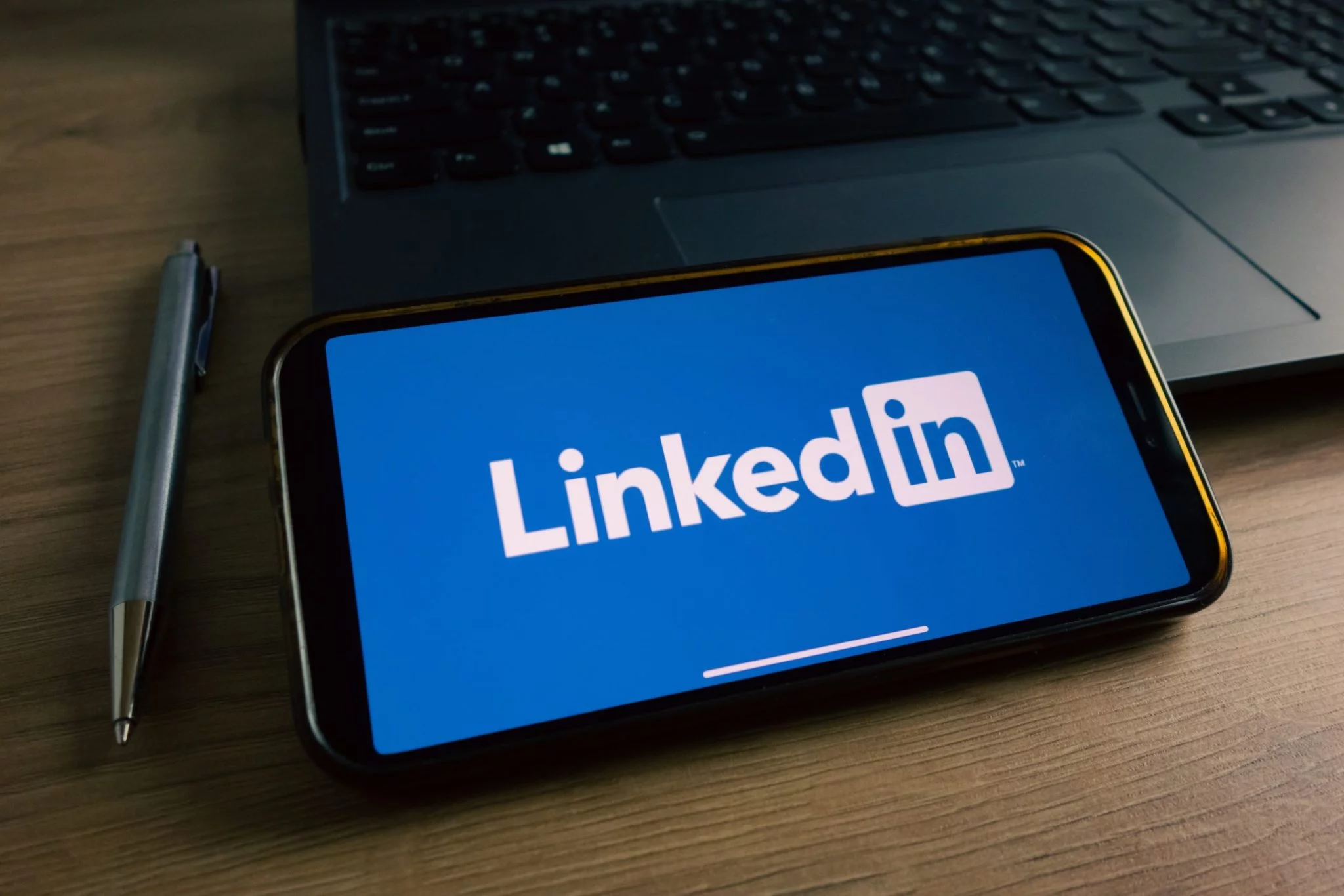In the vast and bustling world of commerce, few things are as universally dreaded yet inherently valuable as negative feedback. For small business owners, customer service professionals, and marketing coordinators alike, the act of composing a response to a less-than-flattering review is akin to threading a needle with the finest of threads; the precision required can make the most seasoned professionals quiver. This detailed guide is dedicated to honing the delicate art of diplomatic response, turning criticisms into opportunities, and fortifying your brand's reputation in the process.
The Comprehensive Scope of Social Listening
In the current digital age, where conversations about your brand happen in myriad online spaces, the importance of social listening cannot be overstressed. Beyond the conventional platforms for customer feedback such as Yelp or Google Reviews, social media channels, forums, and even blog comment sections serve as arenas for public opinion. Being attuned to these diverse sources is essential for a holistic understanding of your brand's perception.
Through diligent social listening, you build a comprehensive awareness of where your brand is mentioned, allowing for timely and appropriate responses to feedback across the digital ecosystem. This approach not only enables you to address concerns directly but also showcases your commitment to customer satisfaction on a broader stage. Enriching your response strategy with insights gained from social listening turns negative feedback into a strategic advantage, fostering a brand image that is not only responsive but also deeply connected to its audience's needs and perceptions.
Understanding Negative Feedback
Before we learn the dance of diplomacy, it's essential to understand the chords we're playing. Negative feedback comes in many forms—some articulate, others less so. It can either be constructive, pointing out specific areas for improvement, or a straight-up vent of frustration. It's impact? Often significant. A study from Harvard Business School found that a one-star increase on Yelp.com translated to a 5-9% revenue increase for a restaurant, emphasizing the critical importance of handling feedback with utmost care.
The Threefold Impact of a Negative Review
Negative feedback can strike three critical areas:
- Reputation: How your brand is perceived and discussed by potential customers.
- Morale: The internal impact on employees who may feel demotivated by criticism.
- Improvement: A lighthouse in the storm, showing a clear path for areas to enhance.
Acknowledging these impacts helps us grasp how to frame our responses—perspective is indispensable in diplomacy.
The Validity of Negative Reviews and the Challenge of Illegitimate Feedback
While negative feedback can serve as a compass pointing towards areas of improvement, not all criticism is rooted in validity. In the digital landscape, it's frustratingly common for businesses to encounter reviews that are less about genuine customer experiences and more about ulterior motives. Whether it's a competitor aiming to tarnish your brand's image, a disgruntled former employee seeking retribution, or simply an anonymous individual with a penchant for negativity, these scenarios present a complex challenge. The question then arises: What do you do when faced with such feedback?
Maintaining Professionalism in Responding to Feedback
The key lies in maintaining a professional demeanor, regardless of the review's legitimacy. Every piece of feedback is an opportunity to showcase your brand's commitment to excellence and openness to dialogue. Therefore, crafting a thought-out, diplomatic response is crucial, even when the criticism seems unfounded. It demonstrates to your audience—not just the reviewer—that your business values feedback and is dedicated to constant improvement and maintaining a positive relationship with its clientele.
Navigating Negative Reviews and Perceptions
While the stress instigated by negative reviews is undeniable, paradoxically, an overly polished and impeccable review profile can also pose its own set of problems. In an era where authenticity and transparency are highly valued, the public has grown increasingly skeptical of perfection in online reviews. An unblemished record may inadvertently trigger distrust among potential customers, leading them to question the authenticity of the feedback. Surprisingly, having a few less-than-stellar reviews can work to your advantage, adding a layer of credibility to your business. These instances offer a golden opportunity to display your responsiveness and commitment to improvement, ultimately enhancing customer trust. This delicate balance underscores the nuanced role that feedback plays in shaping perceptions and emphasizes the importance of managing it with grace and tact.
Crafting Effective Responses
Navigating the channels of negativity requires a steady hand and a strategic approach. Effective responses can turn agitated customers into brand advocates and transform a public relations disaster into a narrative of proactive customer care.
The Quadruple-A of Response Crafting
A successful response typically encompasses four key elements:
- Acknowledge: The feedback should be recognized without delay or defensiveness.
- Apologize: When warranted, a sincere apology can go a long way in easing tensions.
- Act: Provide a solution, an action plan, or a resolution of the issue.
- Affirm: Reassure the customer that their feedback is heard and will drive improvements.
Adhering to this framework can mitigate the damage and potentially enhance your brand credibility.
Tips for Responding to Negative Reviews
In the realm of entrepreneurship, negative feedback can feel like a personal attack. Yet, responding adeptly is crucial, and can even send a powerful message to your community about how much you value customer satisfaction. The language you use when communicating with frustrated customers is as critical as the solution you offer. It must be clear, and empathetic, and aim to restore the customer's trust.
Speed as the Silent Ambassador
The speed at which you respond is crucial in digital interactions. Waiting for a week to resolve an issue can feel like an eternity to an upset customer, potentially leading to dissatisfaction and lost trust. Therefore, aiming for rapid, personalized responses can showcase a dedication to exceptional customer service, fostering stronger relationships and loyalty.
Turning the Tide of Critique
Convert negative feedback into an asset by looking at it as an opportunity for growth. When a product flaw or service blind spot is exposed, embrace the chance to gather invaluable market insights. Rather than just seeing feedback as criticism, see it as a valuable source of information that can guide you in making adjustments to distinguish yourself from competitors.
The Trust of Timely Improvement
When customers witness that their valuable comments directly contribute to concrete changes in your business operations, they are not just satisfied but also pleasantly surprised by the level of engagement. Utilize feedback as a powerful tool to establish trust, demonstrating a steadfast dedication to ongoing enhancements and customer satisfaction.
Enlist Help with Monitoring and Managing Your Reviews
When a marketing company assists with your review monitoring and management, you're not only equipped to address feedback efficiently but also positioned to turn less favorable opinions into impactful, positive change. The ideal platform empowers you to reconnect with those who have left negative reviews after you've addressed their concerns, offering a chance for them to update their feedback. This method not only demonstrates an unwavering commitment to customer satisfaction but also turns potential detractors into advocates. The ability to transform a negative into a positive creates a win-win scenario: improving your brand's online presence and reinforcing your reputation as a business that genuinely cares about its customers.
The need to pay attention to customer feedback and the subsequent art of diplomatic response to negative feedback is a continual learning process, one that can make or break your customer relationships. By acknowledging, apologizing, acting, and affirming, businesses can transform dissatisfied customers into brand advocates. The key takeaway? Every interaction is a new opportunity to demonstrate your commitment to customer satisfaction. By mastering the art of diplomacy, you don't just resolve one customer's issue; you build a more loyal and robust customer base.



.webp)
























































